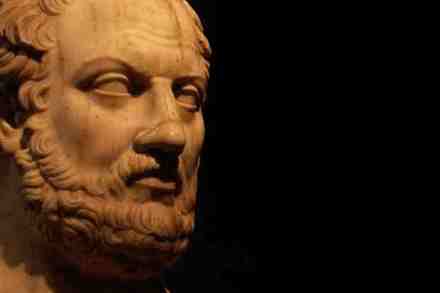Enemies of the people
Hardly a week goes by without someone applauding Thomas Carlyle’s objection to democracy: ‘I do not believe in the collective wisdom of individual ignorance.’ In other words, infinitely wise politicians should tell the unenlightened mob what to think, not vice versa. Such feelings have been common ever since the Athenians invented direct democracy in 508 BC, which lasted

